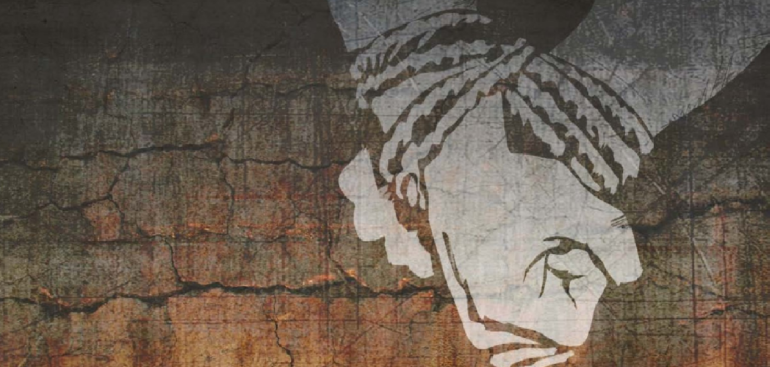A 60-year-old Catholic woman from Lahore, Pakistan, who has a history of mental illness, was incarcerated this week on charges of blasphemy, according to her son.
Jameela Khatoon was apprehended on Tuesday, June 4, from her residence in the Cantonment area of Lahore following a complaint lodged by Asif Ali, a local Muslim shopkeeper, stating her son, 41-year-old Sunny Gill.
Ali filed a First Information Report (FIR) at the North Cantt Police Station under Section 295-C of the blasphemy law, which stipulates a mandatory death penalty for blaspheming against Muhammad.
Local shopkeepers are well-acquainted with Khatoon’s mental condition, allowing her to take items without immediate payment, as they know her family will settle the bills later. Ali, too, was aware of her condition when she allegedly began making derogatory comments about Muhammad after observing a Muslim prayer inscription on his shop wall, according to Gill.
“Ali is also aware of her illness, and we are puzzled as to why he pursued legal action against her,” Gill said.
Gill explained that his mother noticed the Arabic Durood Shareef Islamic prayer on the wall behind the counter and subsequently began making derogatory remarks about Muhammad, claimed that Christ was greater than the prophet of Islam, and started screaming and shouting.
In the FIR, Ali asserted that when he and other Muslims attempted to prevent my mother from blaspheming against their prophet, she began walking towards her home but continued to insult Muhammad,” Gill reported.
Gill, the eldest of Khatoon’s four children, mentioned that he was not present when the police arrived at their shared residence two hours after the incident and arrested her.
“My wife and I had gone grocery shopping when the police came to our house and informed my younger brother’s wife that they were taking my mother into custody on theft charges,” he explained. “At that point, none of us were aware of what had transpired.”
Gill revealed that his mother’s mental health started to decline four years ago.
“We have taken her to the Punjab Institute of Mental Health multiple times for treatment, but there has been little improvement,” he stated.

Gill, who is employed as a cleaner at the Lahore Cantonment Board, noted that the family made efforts to protect Khatoon from self-harm but did not foresee her being accused of blasphemy.
“We have tried our best to keep her at home, but she refuses to stay confined and becomes violent,” he added.
He expressed hope that the police and courts would consider his mother’s mental illness and dismiss the serious charge against her.
“My mother was unaware of what she was saying or doing,” he stated. “It would be highly unjust to keep her in prison given her medical condition. We hope the court will dismiss the charges against her on compassionate grounds.”
Attorney Liaquat John, who is defending Khatoon, announced plans to apply to a medical board to evaluate Khatoon’s mental health.
“If the board certifies Khatoon’s mental unsoundness, the court cannot proceed with the trial.”
Pakistani law protects individuals with mental illness or disabilities. Section 464 of the Criminal Procedures Code (CrPC) stipulates that individuals of “unsound mind” who are incapable of assisting in their defense cannot be tried. Similarly, Section 84 of the Pakistan Penal Code (PPC) states that “an accused cannot be held criminally responsible for an act if, at the time of committing it, the individual, due to unsoundness of mind, was incapable of knowing the nature of the act, or that the act was wrong or illegal.”
John also pointed out that the FIR did not specify the derogatory words Khatoon allegedly spoke against Islam’s prophet, which is a significant basis for obtaining bail if the charges are not dropped on health grounds.
“The complainant did not specify the exact words spoken by Khatoon that constitute blasphemy, whereas the Supreme Court has clearly stated in its judgments that the FIR must contain the precise words spoken,” he explained.
The attorney stated that he awaits the police investigation report and charge sheet before applying for bail. Approximately 40-45 Christian families reside in their Bael Ahata neighborhood, and most have fled their homes in fear of a potential mob attack.
“Our immediate priority is to ensure the security and safe return of the Christian residents in the area who are fearful of mob violence,” John said. “Although the local police have assured us that there will be no protests from Muslims, we have requested the deployment of personnel in the neighborhood, particularly on Friday when Muslims gather for their weekly prayers.”
He mentioned that the family has not received any threats from residents.
“While there have been no protests by Muslims regarding this incident, many Christians have relocated to safer areas.”
